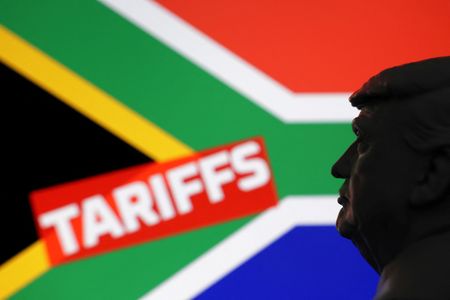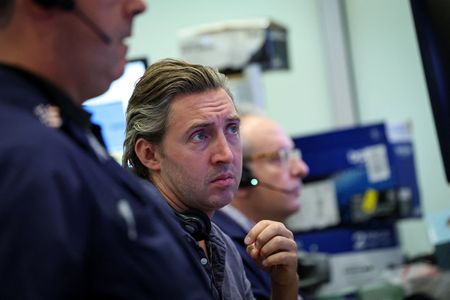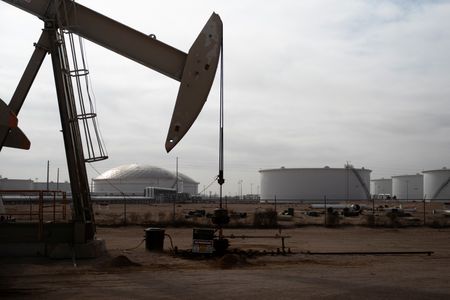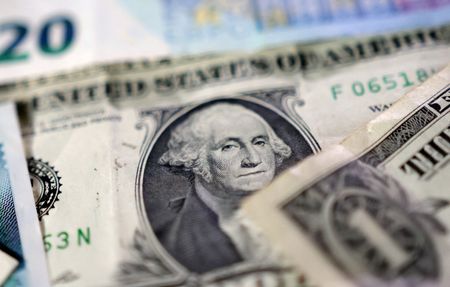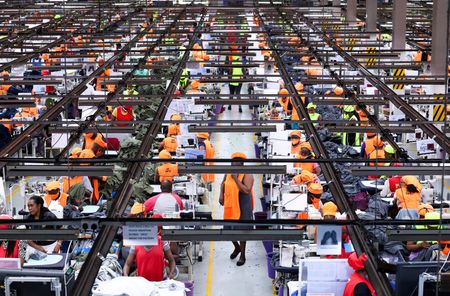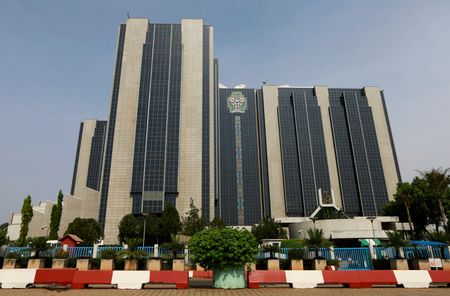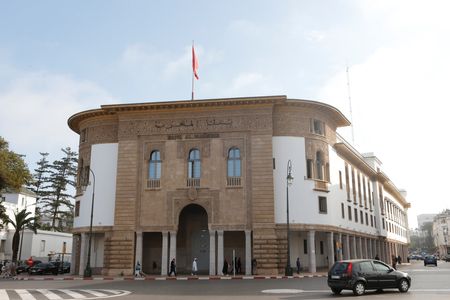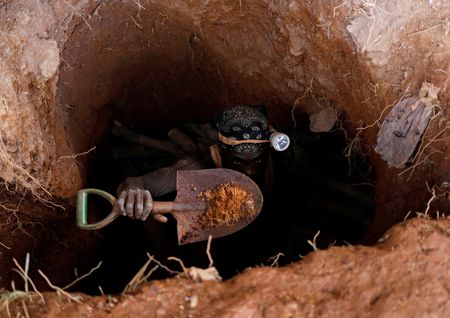By Colleen Goko
JOHANNESBURG (Reuters) -South Africa and China launched a push for Chinese investment in sectors such as mining, energy and infrastructure on Tuesday, at the launch of their ninth annual trade promotion conference.
South Africa, which had no U.S. import tariffs on its goods under the U.S. African Growth and Opportunity Act (AGOA), now faces 30% tariffs under the Trump administration, although it is in talks to seek a better deal.
Zhang Chaoyang, chairman of the South Africa-China Economic and Trade Association, announced that Gold One, owned by a major Chinese state-owned enterprise, Baiyin Nonferrous Group Company Ltd., will invest 4 billion rand ($230 million) in its gold mining operations in Gauteng.
Additionally, the China-Africa Development Fund will bid for South Africa’s independent energy transition projects, aimed at increasing electricity capacity through private sector investment. Meanwhile companies such as China State Construction are set to ramp up local procurements, Chaoyang said.
South African Deputy Trade Minister Zuko Godlimpi underscored Pretoria’s focus on Chinese investments in manufacturing, services, energy transition and infrastructure, calling the partnership an opportunity to forge “a mutually beneficial future”.
Chinese firms including Hisense, BAIC, Sinosteel, Faw and Seraphim Solar already hold a strong investment footprint in South Africa, the continent’s most industrialised economy.
Official data showed Chinese foreign direct investment in South Africa was $13.21 billion in 2024, while South African investments in China totalled $8.05 billion.
Minerals account for 93% of South Africa’s exports to China, while 92% of Chinese exports to South Africa are manufactured goods. Both nations have expressed a desire to rebalance this pattern.
Chinese Ambassador Wu Peng said Chinese firms would accelerate localisation efforts.
“If you really want to look after your long-term interests, you must invest in South Africa,” Peng said, urging Chinese automakers to speed up factory development.
Earlier this year, Beijing pledged to expand zero-tariff treatment to all 53 African countries with ties to China. Peng said over 30 nations had already signed framework agreements.
($1 = 17.3075 rand)
(Reporting by Colleen Goko; Editing by Kevin Liffey)

